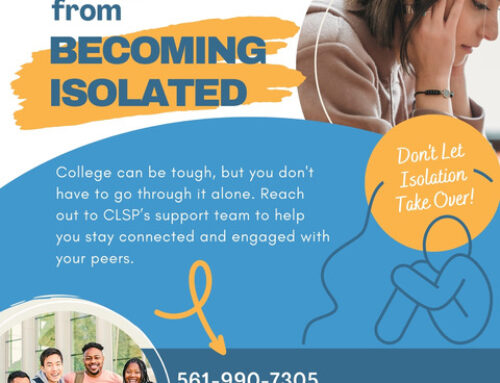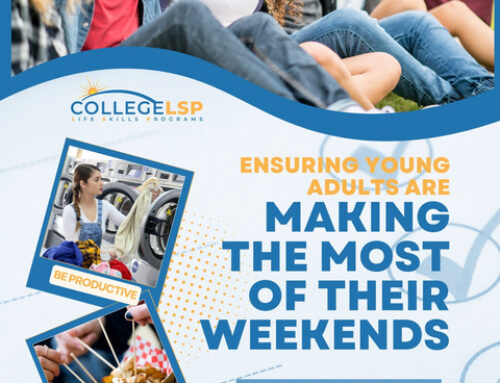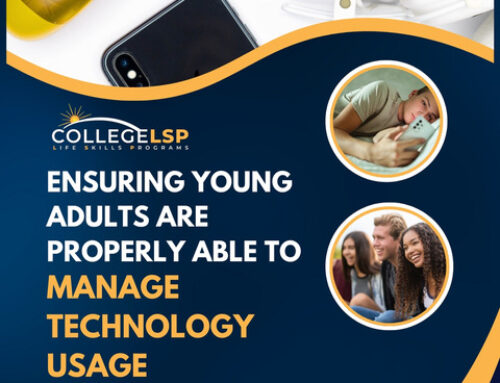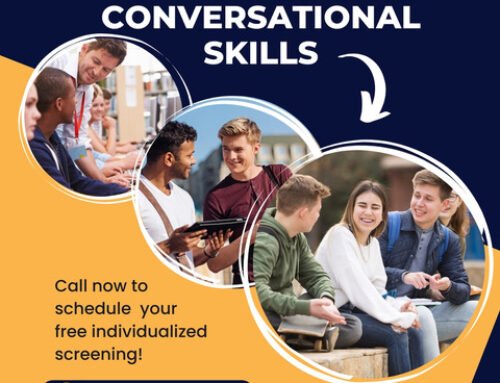But I’m just so nervous…
For one neurodivergent young woman, socializing made her anxious. Whether it be at school, work, or everyday life, anytime she had to socialize, she felt she couldn’t do it. She always felt like she was either paying too much attention to what the other person was doing with their facial or body language or what the other person was saying, causing her to miss both verbal and non-verbal social cues. As time went on and she went off to college, she struggled to make connections with others. She felt way too anxious when going to parties to speak to anyone or even ask her professor a question, making college not only difficult socially, but academically as well. Since she could never work up enough courage to speak to her classmates and professors so she could ask for help with a subject she began to fall behind. The young woman also lacked an emotional support system while at college because of her anxiety preventing her from socializing, so as the next semester came around, she told her parents she did not want to return to college.
After hearing this, the young woman’s parents reached out to the College Life Skills Program for help. There, she met with a coach weekly so she could try and strengthen her social skills by learning and applying strategies such as making sure make be actively listening and read body language and breathing exercises to calm her anxiety. As she received this coaching, with a level of accountability, her ability to calm her nerves and gain some knowledge about how to utilize her social skills in social situations helped her gain the confidence she needed to be able to successfully socialize while at college.
It is not uncommon for college students to feel anxiety in social situations. One source explains how when it comes to college students, “anxiety is the top presenting concern at 41.6%.” (APA, 2013). With such a high number, it shows how many college students are struggling with the same issues, however, this can cause them to become isolated even more frequently since so many are too anxious to socialize first. This can then discourage them from continuing on with college and eventually venturing out into the work world, since both places require them to socialize. Another source explains how “Low self-esteem or lack of confidence leaves students doubting their ability to succeed, making them hesitant to engage in learning or take appropriate academic growth risks.” (APA, n.d.). With all that comes with lacking confidence in social situations, it is important young adults have these skills, and the CLSP can help them in learning how to utilize them.
At the College Life Skills Program, our team of Doctoral and Master level professionals utilizes a series of highly individualized strategies, services, and techniques to help neurodivergent young adults who are college bound, in college, and even after college succeed in and after their transition into adult life. We help teach them life skills such as how to have confidence in social situations so they can be successful in the work world and in life as well as help them learn how to balance independent life on their own, and other executive functioning skills, social skills, and emotional maturity. If your young adult is struggling with life skills, such as how to have confidence in social situations on their own or the transition into college and adulthood, CollegeLSP has the tools to aid them in achieving and generalizing such skills.
Click here and call now to schedule your FREE 20-minute individualized screening.
Dr. Eric J. Nach, Ph.D., M.Ed., A.S.D.C., is a Developmental and Behavioral Specialist who specializes in Autism, ADHD and related disorders. Dr. Nach is the founder of the College Life Skills Program where he and his team of professional’s help develop the Emotional Maturity, Executive Functioning, Life Skill and Social Abilities of college students and those high school students preparing for college. The CollegeLSP is a subsidiary program of the Support For Students Growth Center, located in Boca Raton, FL and providing services nationwide
American Psychological Association. (2013, June). College students’ mental health is a growing concern, survey finds. Monitor on Psychology. Retrieved June 26, 2022, from https://www.apa.org/monitor/2013/06/college-students#:~:text=Anxiety%20is%20the%20top%20presenting,relationship%20problems%20(35.8%20percent).
American Psychological Association. (n.d.). Students experiencing low self-esteem or low perceptions of competence. American Psychological Association. https://www.apa.org/ed/schools/primer/self-esteem#:~:text=Low%20self%2Desteem%20or%20lack,take%20appropriate%20academic%20growth%20risks.




